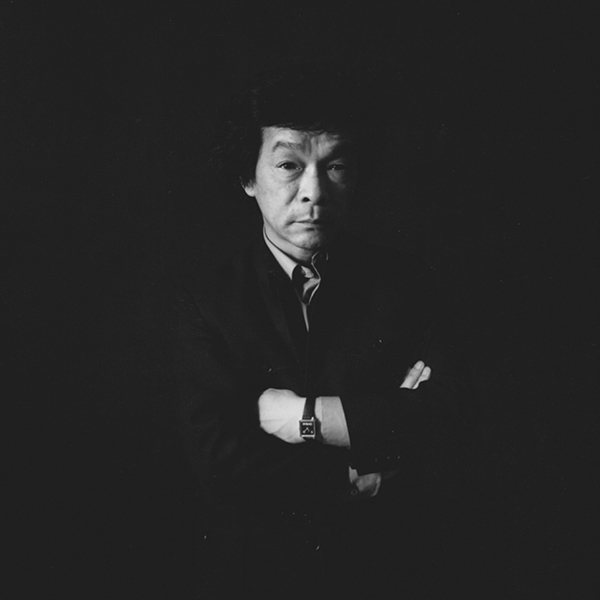Bio
JESSE HIDEO NISHIHATA was a pioneer in Japanese Canadian documentary filmmaking. From 1966-1978 Jesse worked as a contract producer for the CBC-TV Public Affairs Department. During this time Jesse produced and directed numerous documentaries including such films as Watari Dori: A Bird of Passage (1973). Watari Dori uses Jesse’s own family history as a framework for exploring the Japanese Canadian internment. This was the first film concerning the Japanese Canadian World War II experience to be broadcasted on Canadian television. * From 1979-1995, Jesse taught film and media studies at Ryerson University’s Image Arts department. It was during this period that Jesse established himself as an independent producer and director.
Jesse’s independent productions include some of his most seminal works such as The Inquiry Film (1977). This film provides a visual report of the commission of Inquiry conducted by Mr. Justice Thomas R. Berger into the social, economic and environmental impact of a proposed pipeline in the Western Artic region known as the Mackenzie Valley.
The Inquiry Film earned Jesse the 1977 Canadian Film Award (now know as the Genie Award) for Best Documentary over 60 minutes and the Golden Athena for Best Feature Documentary at the 1978 Athens international Film Festival in Ohio.
Jesse also ventured into the avant-garde through films such as Black Earth (1988), an experimental visual-essay, which illustrates a poetic metaphor of the earth as a woman. Black Earth was filmed on location in India and was awarded a citation for Personal Vision and Cinematography at the 1988 Oakland International Film Festival. * Other notable films include Justice in Our Time: how Redress was won (1989), a video record of the Japanese Canadian fight for Redress and Catch the Spirit! (1991), which documents the Earth Spirit Festival.
TAGS: Media Arts| documentary | Film | TV






